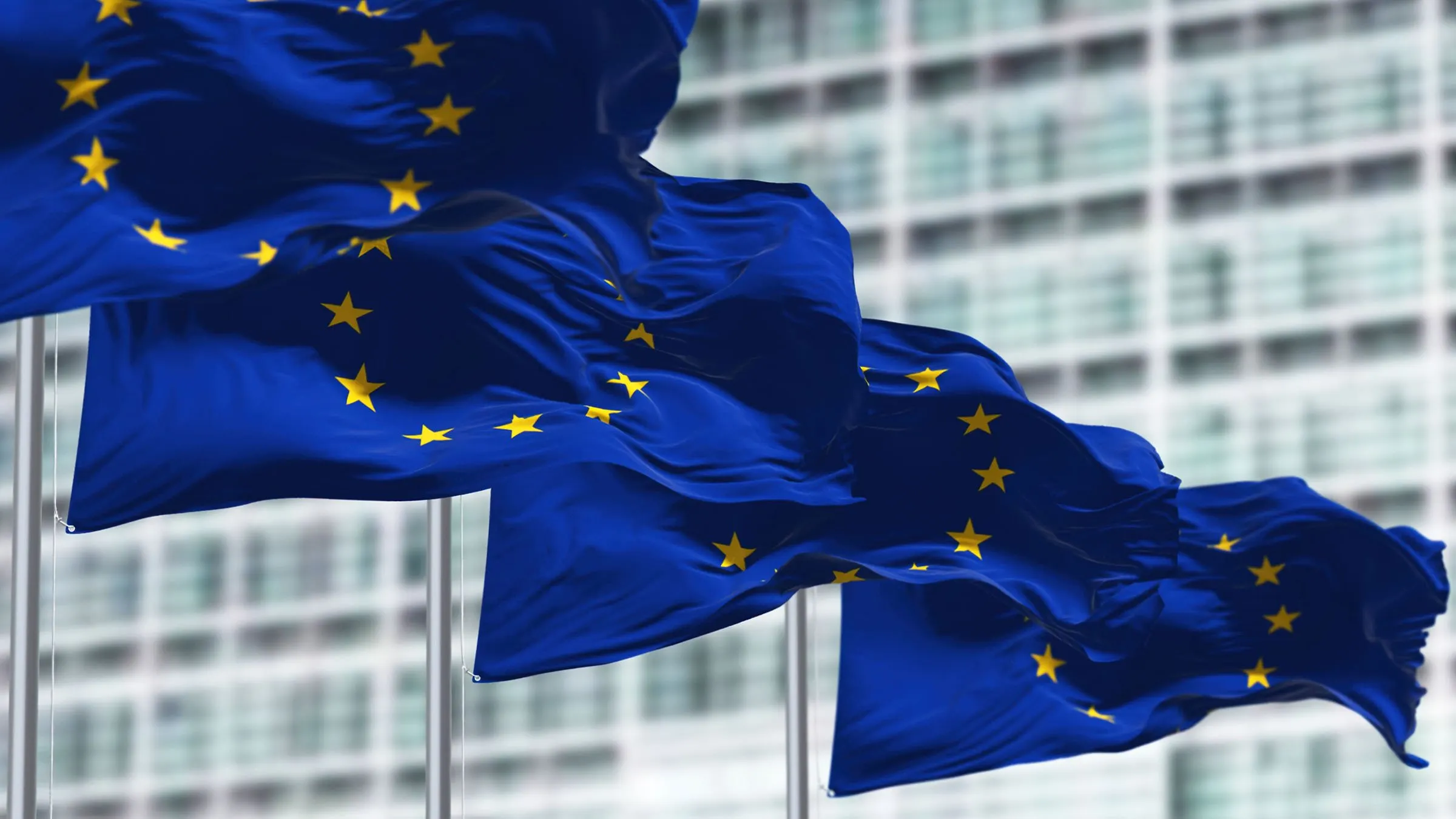It’s been a good summer for digital assets in Europe—especially when compared to the cold reception they have endured in the United States.
In August, the continent welcomed the launch of its first exchange traded fund (ETF) in Bitcoin spot markets with the listing of the Jacobi FT Wilshire Bitcoin ETF in Amsterdam. On the regulatory front, the European Union's Markets in Crypto Assets (MiCA), a comprehensive framework designed around digital assets, created legal clarity for digital asset companies in the bloc.
In the U.S., digital assets had a rougher season. Despite some high-profile spot ETF applications by Wall Street heavyweights like BlackRock and Fidelity, the Securities and Exchange Commission has slow-rolled any approvals, creating a drag on Bitcoin markets. At the same time, it has continued its crackdown on crypto exchanges, while Congress struggles to get its own regulatory bill passed.
For envious industry players in the U.S., the trans-Atlantic contrast is proof that Europe is surging further ahead. Lars Christensen, chairman of the board for Concordium, said Europe “hasn’t been good at eating America's lunch for years”—but that this summer’s moves show how clear regulations are a major competitive advantage.
“I would say Europe is probably a bit ahead of the game,” Christensen told Decrypt in an interview. “In this sense, the U.S. still has work to do.”
Europe’s ascent up the list of digital asset-friendly jurisdictions has been clear. In 2022, Europe overtook the U.S. as a springboard for digital asset startups with 3,977 launched versus 3,357 in the U.S., according to data from DealBook. Even in funding—where the U.S. remains dominant—European startups saw a 14% increase in venture capital investment compared to a 4% drop in the U.S. last year.
As the traditional haven for legacy tech and finance industries, having the U.S trailing behind Europe is something of a role reversal. For decades, U.S. regulations have been considered the less onerous of the two, whereas Europe was regarded as more bureaucratic, with more stringent rules to abide by.
This inversion of roles is made clear with Europe beating the U.S. to the front of the line in the race for a Bitcoin spot ETF. Unlike in the U.S., where the pursuit of a Bitcoin spot ETF is a decade-long ordeal of constant rejections, exchange traded products related to Bitcoin have been active in Europe since at least 2015 with the introduction of Sweden-based XBT Bitcoin Tracker One.
Despite the SEC’s concerns about a spot ETF being prone to market manipulation, Christensen said that the debate has not been as contentious in Europe.
“I don't remember that controversy at the time, and in Europe, it didn't seem to be something that interested an awful lot of regulators very much,” said Christensen.
The nature of the U.S. regulatory system also presents unique challenges that are more salient than across the pond.
Lowell Ness, a lead partner on Fintech at the law firm Perkins Coie, said that U.S. securities laws are designed to be “intentionally vague” in a manner that differs from what he described as a more “cut and dry” approach in Europe. This gives U.S. regulators more flexibility in setting rules but also lends itself to turf wars between agencies.
The lack of formal rules from regulators—or even definitions for digital assets in the U.S.—has only exacerbated the problem. Companies have responded to this by lobbying Congress to clean up the mess. In another case, Coinbase, the biggest exchange in America, petitioned the SEC directly for rules—but has been met with silence and a lawsuit accusing it of violating securities laws.
This lack of clarity has driven some U.S. companies to consider moving operations overseas. One example of this was the U.S. arm of digital asset exchange Bittrex. In April, the exchange said it would be shutting down because operating in the U.S. was no longer “economically viable” because of its haphazard regulatory system.
Oliver Linch, Bittrex’s CEO, said that the U.S. fixation on “navel-gazing debate” around jurisdiction has hamstrung it in contrast to the E.U. Rather than trying to fit digital assets into existing frameworks, he praised the MiCA for taking a “bespoke” approach to crafting regulations that provide more clarity for businesses and regulators in the bloc.
“You cannot operate in a box,” Linch told Decrypt. “If you don’t create a good path for good actors to behave well, all you’ve done is cleared the way for bad actors to act nefariously.”
Experts interviewed by Decrypt do not think the U.S. is incapable of closing the current gap with Europe.
They point to the fact the U.S. still has a significantly deeper capital markets than anywhere in Europe, and a wider pool of talent that will ensure its competitiveness. Congress is also likely to move forward on a pair of bills that are on their way to the House for a vote on the floor after narrowly making it out of their respective committees in July.
Beyond catching up to the rest of the world, executives also warn that any failure of the U.S. to get its act together will weigh crypto down globally because of its standing as the world’s financial powerhouse.
Dave Weisberger, the CEO of the trading platform CoinRoutes, said that Europe's embrace of ETF-like products are "not as big of a mover" for bringing more financial players into Bitcoin compared to the current crop of U.S. applicants because of the heft Wall Street would bring to the table.
For reference, Jacobi holds about $894 million in assets under management, according to the company’s 13F filing with the SEC. This is a far cry from the nearly $8.6 trillion AUM recorded by BlackRock last year—or the $4.5 trillion recorded by Fidelity.
"It is a very big deal in terms of the ability for Bitcoin to go mainstream, whereas none of the European actions really make that big of a difference," Weisberger told Decrypt.
Yet it is this same sense of incumbency that could also be holding the U.S. back, warned Ness. A sense that the U.S. market is in an unchallenged position means that the rest of the world will have no option but to wait until regulators sort out their positions.
This, Lowell says, is shortsighted because companies are already moving overseas rather than waiting for the U.S. to get its act together.
"The problem I think the SEC is missing is that individuals and entities are already starting to realize that they can be based in other places and still be connected to the global financial system with very little difference," said Lowell.

